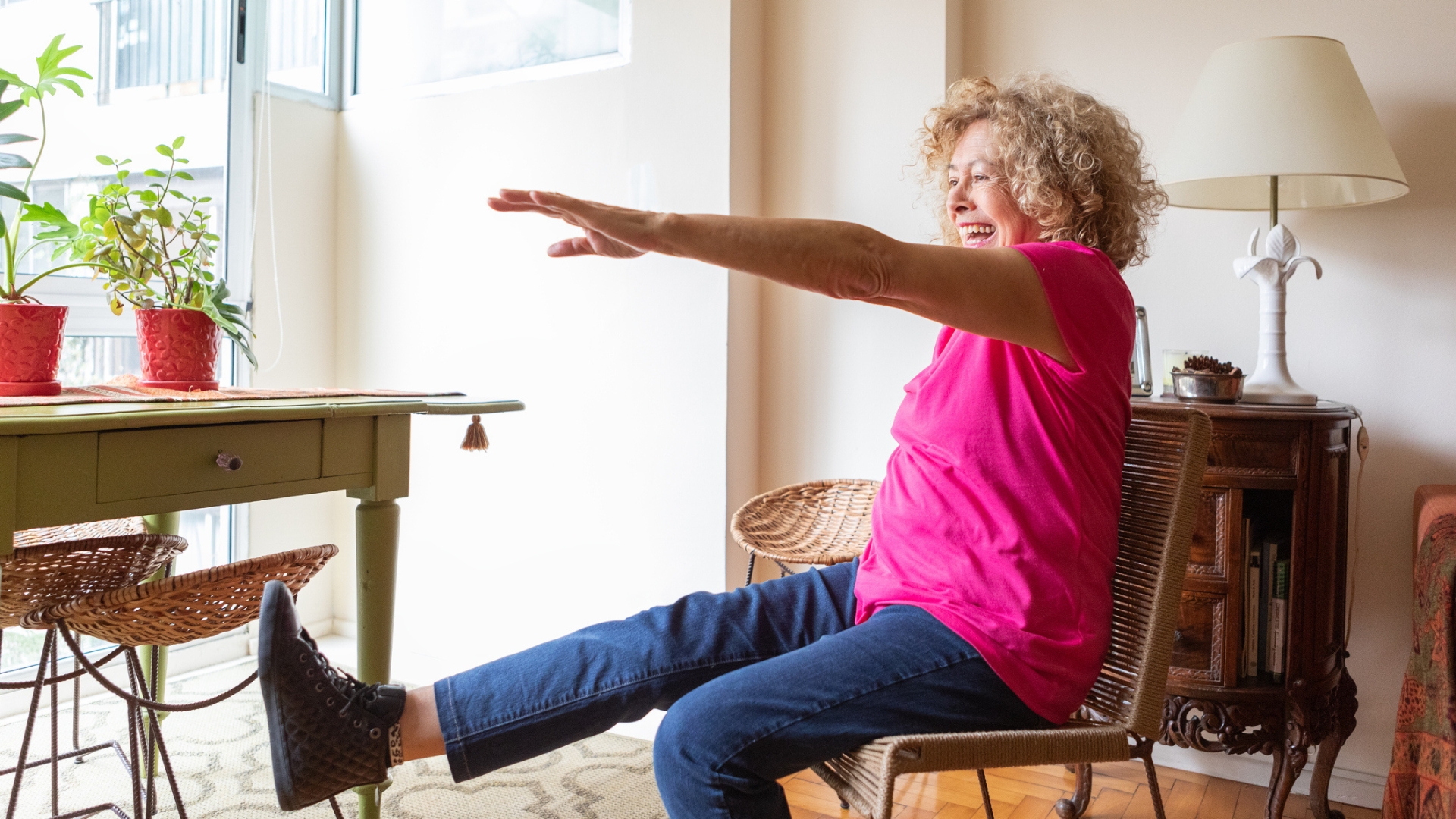Three of the most popular ways to manage stress – and how they work
Three science-backed ways to manage stress in a post-COVID world, according to a survey of 1500 people


Why are we stressed all the time? Maybe it's because after eighteen months, the global pandemic is still going on. Maybe it's because we spend all our time staring at a screen, or sitting down, or eating junk food, or comparing ourselves to others on social media. Our brains, which haven't evolved much since the time we were sat around wearing mammoth furs, weren't designed for any of this.
Whether you're looking for advice on how to meditate or trying to figure out whether aromatherapy is for you (if you think it might be, we recommend our best diffuser for essential oils list) we're always trying to find new ways to de-stress and help us cope with modern life. Changes, such as the recent post-pandemic upheaval, are a more stressful time than most.
Chloe Brotheridge, Therapist, Coach and Author at calmer-you, says: “The recent changes in our lifestyles has meant we’re having to find new and creative ways to stay calm. We might be missing out on our commute that gives us some breathing space, or socialising – and for some, ‘stock standard’ meditation or a bath just isn’t practical.
"The research shows that many are using everyday activities as stress soothers – which works especially when we bring some intention to what we’re doing."
Brotheridge uses the example of sweeping the patio, with repetition and intent, as something she uses to calm her mind, but some people have been turning to other pursuits to stave off feelings of anxiety in turbulent times. Research commissioned on behalf of Fitbit studied 1500 of their UK users to find out exactly what they were doing to destress – and we've compiled the science behind why it works.

1. Having a cup of tea
Is there anything more quintessentially British? 31% of the study's respondents make tea to relax and unwind. Whether it's a cup of English breakfast black tea or green tea with lemon or jasmine, tea packs a lot catechins, which have been associated with lower levels of the fight-or-flight hormone cortisol. Meanwhile, the caffeine in tea has been found to offer a temporary lift in mood and cognition.
Research published in the journal Nutrients studied Korean adults, finding that , "study participants in the highest quartile of caffeine consumption had 24% lower prevalence of depression than those in the lowest quartile. Frequent consumption of green tea, coffee, or caffeine was associated with a reduced prevalence of self-report lifetime depression in Korean adults."
Get the Fit&Well Newsletter
Start your week with achievable workout ideas, health tips and wellbeing advice in your inbox.
Tea can help give us a temporary lift while correlating with reduced long-term risks of depression and anxiety disorders. Just hold the sugar.
2. Stroking a dog or cat
29% of respondents agreed they were most likely to turn to a furry friend to quell feelings of melancholy or anxiety. Research from Cleveland Clinic found simply petting an animal can reduce levels of cortisol and boost serotonin. Cortisol is also associated with obesity and high blood pressure thanks to its tendency to shift the body into storing fat within the abdomen.
Having a dog or cat around to cuddle can reduce your blood pressure, making you less likely to suffer from hypertension or prediabetes, as well as increasing your mood by generating the same hormone as a bar of chocolate or a good long run might.
3. Listening to rain
Finally, 28% of study respondents found listening to the sound of rain relaxing. This is no surprise, whether you love being inside on a rainy day or you turn on relaxing ocean sounds on an app like Calm to gently fall asleep: the sounds of nature are soothing to us, especially if we live in busy cities.
Research from the University of Sussex found that "individuals who showed evidence of the greatest stress before starting the experiment showed the greatest bodily relaxation when listening to natural sounds", finding that nature sounds helped the brain fixate its attention outwards, rather than inwards. Artificial sounds encouraged the brain fixate its attention inwards, increasing anxiety.
Time to grab some headphones (we recommend some of our noise-cancelling best workout earbuds) and unwind.
Matt Evans is an experienced health and fitness journalist and is currently Fitness and Wellbeing Editor at TechRadar, covering all things exercise and nutrition on Fit&Well's tech-focused sister site. Matt originally discovered exercise through martial arts: he holds a black belt in Karate and remains a keen runner, gym-goer, and infrequent yogi. His top fitness tip? Stretch.

